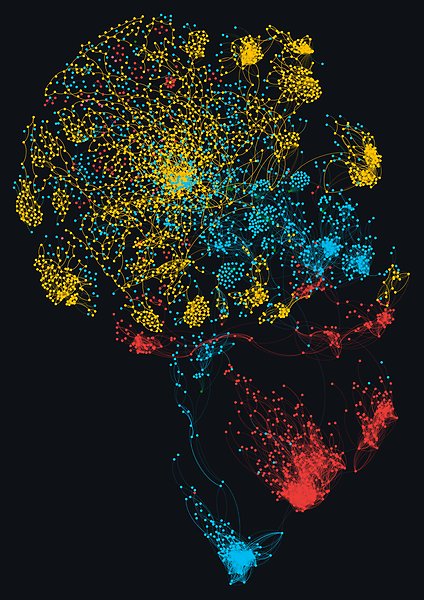Mathematics and medicine: thinking across borders

Molecular medical research is in the midst of a technical revolution. Diseases that were previously difficult to research can now be analysed at different levels – from individual molecules inside cells to large groups of patients. Cooperation between medical researchers and mathematicians is creating a completely new field of research with shared opportunities.
Augmented collaboration between different areas of research can enable us to benefit more fully from technical progress. In one powerful example, mathematical medicine uses mathematical models based on biomedical data to understand specific disease processes. Mathematics combined with research in areas such as cancer, human genetics and blood vessel diseases gives us tools for improving and increasing the efficiency of research in a range of areas, such as pharmaceutical development, the understanding of cell dynamics and diversity in diseased tissue, or the genesis of common major diseases. Another benefit is the use of large-scale molecular data to classify patients, which makes it possible to increase the precision of treatments and reduce the risk of side-effects.
Uppsala University provides the fundamental conditions required for an interdisciplinary initiative. The University already has leading research environments in molecular medicine, world-leading biobanks, a well-developed infrastructure for molecular medicine, production of molecular research and patient data, and a broad-ranging Centre for Interdisciplinary Mathematics (CIM). What is needed, however, is greater interdisciplinary cooperation. At present, there is no natural arena for collaboration between researchers in mathematics and medicine in Uppsala.
To meet future challenges in medicine, we therefore aspire to establish a new graduate school with a unique focus – the Uppsala Centre for Interdisciplinary Mathematical Medicine (CIMM+). The centre will facilitate research in the borderland between medicine and mathematics, and will offer funding to doctoral students who will receive combined medical and mathematical supervision in high-priority projects in the area of molecular medicine.
Simulation, artificial intelligence and ‘big data’ are strategically important central areas whose medical potential will be realised over the next 10–20 years. CIMM+ will be an important step in this development at Uppsala. This initiative would strengthen collaboration between theoretical, preclinical and clinical research and create opportunities to educate a new generation of researchers with a high degree of relevance in academia and industry alike.
“We have a vision for meeting future challenges in medical mathematics, a field with the potential to translate large quantities of genetic data into treatments: to start a new graduate school to provide the next generation of researchers with broad skills in mathematics and medicine.”
Sven Nelander, Senior Lecturer in Integrative Cancer Research, and Gunilla Kreiss, Professor of Numerical Analysis
